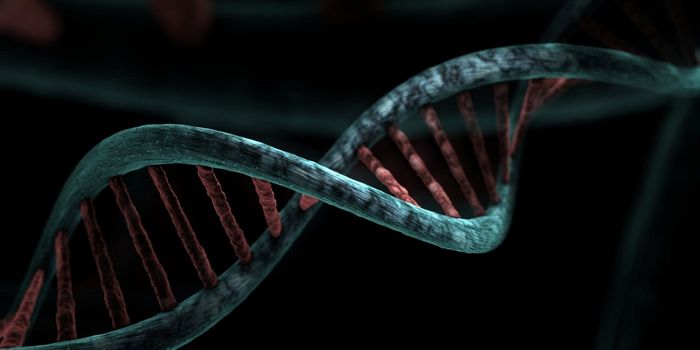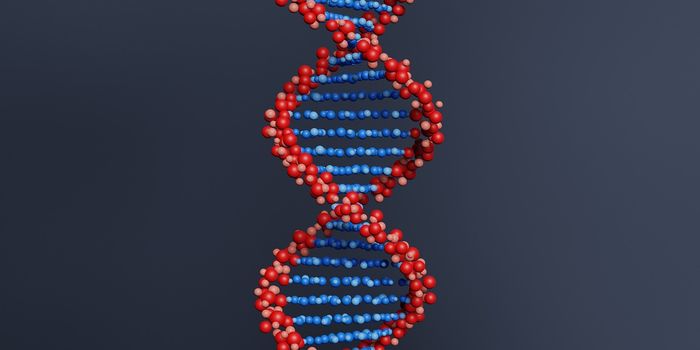Understanding Mitochondrial Protein Synthesis
Every cell is packed with organelles that carry out specialized tasks. Mitochondria are one of those organelles, and they work to generate power for the cell. They are unique among organelles because they carry their own DNA which encodes for the various proteins it requires. It has not been known how the special mitochondrial DNA gets translated into these proteins, but researchers now have a good idea.
New work published in EMBO Reports has indicated that there are ribosomes, another kind of organelle that works to manufacture proteins, attached to mitochondria. Because of the role of ribosomes in protein synthesis, it is quite possible that these attached ribosomes are responsible for synthesizing the mitochondrial proteins and then pushing them into the mitochondria.
"Proteins are responsible for nearly all cellular processes. The cell has to make a huge variety of proteins and target them to the precise location where they are needed to function," said the leader of this research, Dr. Vicki Gold of the University of Exeter’s Living Systems Institute. "In the case of mitochondria, proteins have to cross the boundary of two membranes to get inside them. We looked for - and were able to image at unprecedented detail - ribosomes attached to mitochondria."
For this project, a technique called cryo-electron microscopy was used to get a precise look at these small structures in fine detail. Dr. Gold and her colleague, Dr. Bertram Daum are experts who started the cry-electron facility at the University of Exeter.
This work could help researchers find ways to treat disorders that are related to the mitochondria. Dysfunction in this organelle has been linked to cancer and Parkinson’s disease. Now that the researchers have gained insight into how this process is working in healthy cells, they want to investigate the same thing in unhealthy cells to see what differences there might be.
"Mitochondria are the energy factories of the cell, so when they don't function properly it can lead to a huge range of health problems," explained Dr. Gold. "In many cases, these are age-related disorders like Parkinson's disease. Our findings may help us understand these conditions better, which is an important step towards better treatments."
In the video below, learn more about our cellular powerhouse, the mitochondria.
Sources: AAAS/Eurekalert! Via University of Exeter, EMBO Reports








